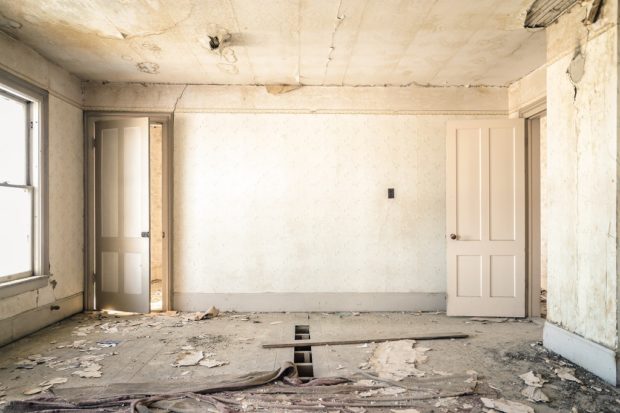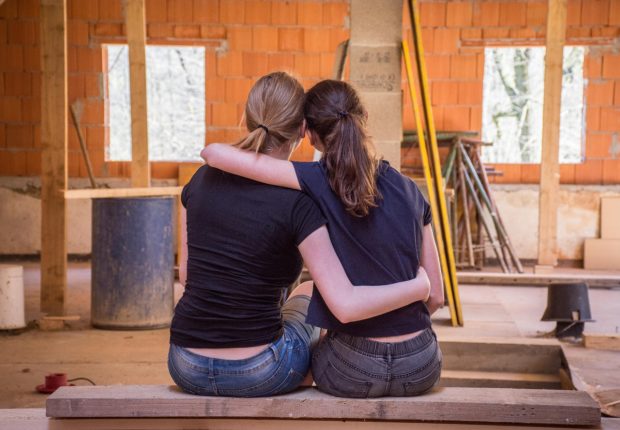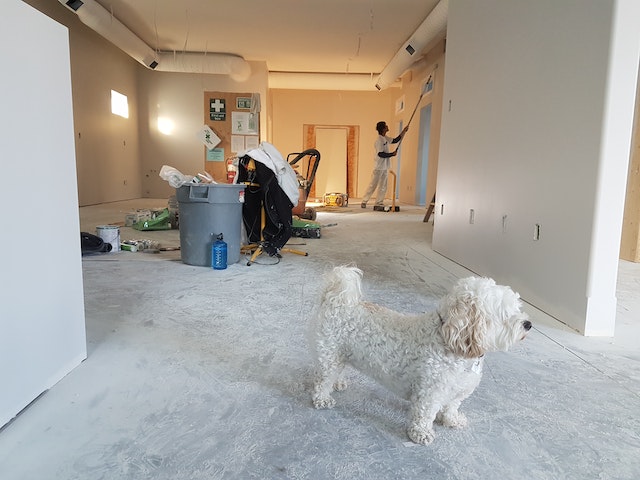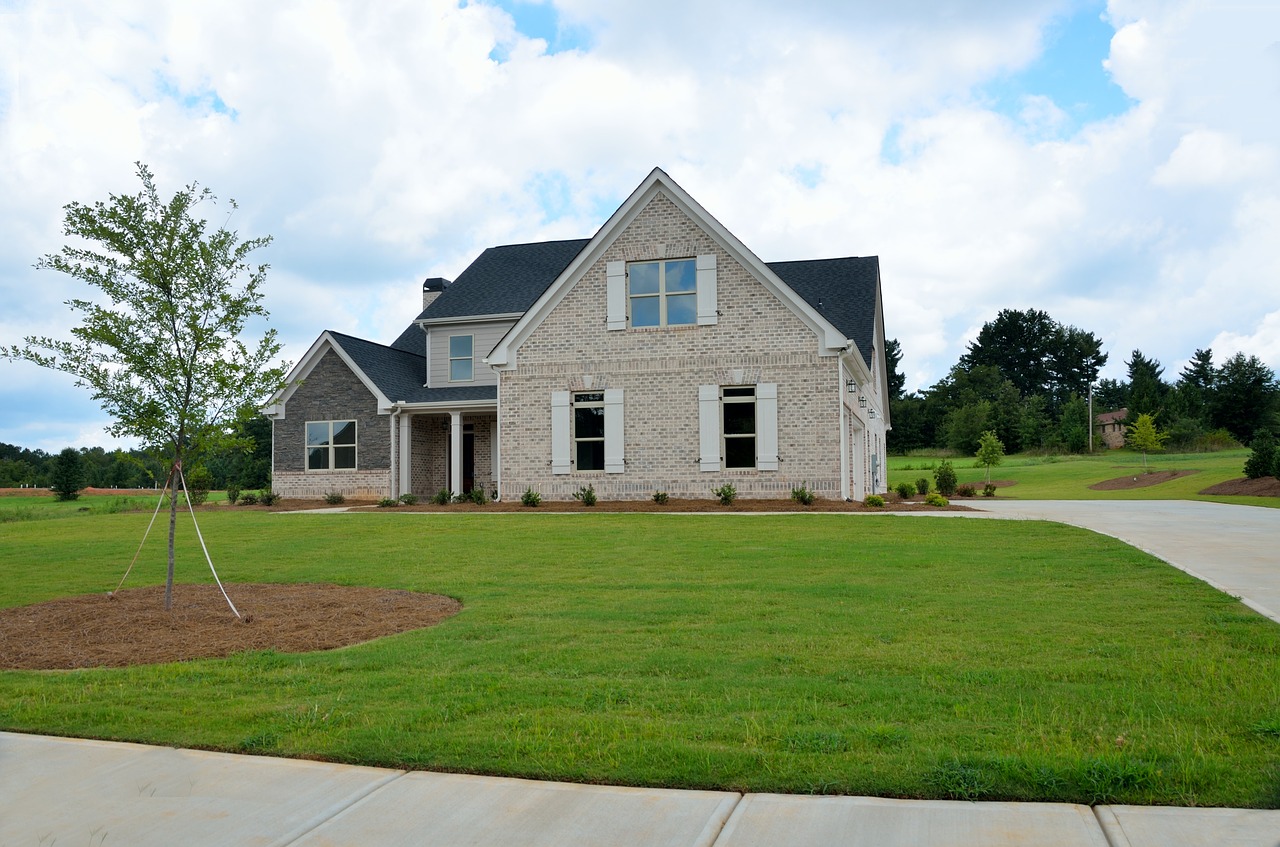Taking on and completing a home renovation project is both rewarding and challenging but, unlike a self-build, a renovation never usually starts with a blank page. The refurbishment and renovation phase is complex and can often be prone to expenses and unforeseen issues, so being as prepared as you can is key to carrying out a successful project. Before you embark on your own renovation, here are some tips and things to be aware of.
Have A Strict Schedule In Place
Without a well-structured schedule, the whole refurbishment process can become chaotic. With many different jobs to complete and tradespeople to rely on, timescales and costs can soon become blurred.
A schedule is a great way to see what work needs to be done and in what order. Rather than just having one schedule to cover the whole project, it can be helpful to break a project down into phases. Having ones in place for the kitchen extension, bathroom relocation or loft conversion, for example, can help to stay focused on the jobs in hand and set a schedule for each task. You can then see where projects may overlap or where you can possibly get help from other tradespeople.
Be Subsidence Savvy
Subsidence doesn’t always need to spell disaster. Looking for indications of subsidence, such as big cracks in the corners of windows or door openings, can save you from any unpleasant surprises further on down the renovation line. Cracks which are more than 3mm wide on the building’s exterior should also be a warning sign.
The main issue that comes from subsidence is that it can be hard to obtain building insurance. You will likely be left to pay for the relevant treatments yourself and then get insurance, which is likely to carry a big premium, or get the seller to make a claim against their own insurers. There are finance options you can look at for the short-term, such as bridging loans or secured home improvement loans. Should you have to pay out or take out insurance, then these can help cover the costs until you get another source of income.
Check For Rot
As well as subsidence, rot is something which can destroy the soft timber frame of a property. Rot appears in poorly-ventilated areas and can often be found under floorboards or in the roof space, particularly in older houses.
Look out for strong musty smells and cotton-wool looking masses when you lift the carpets or go into the loft. Getting rid of rot can be costly, especially if it has dried. Wet rot doesn’t cause so much of a problem as it is easier to fix and can be found in timber which has been exposed to high moisture levels.
Set A Budget For New Electrics
Electrics in older buildings tend to require updating. Before starting your renovation, look for old-fashion light switches and fuse boxes, round pin plugs and fabric coated flex. The rewiring process typically includes removing the old wiring, replacing the floorboards and installing a new unit, as well as re-plastering. This should be one of the first jobs you do during the renovation, as it is likely to take a few weeks all in all and you will need to wait for the plaster to dry before doing anything else in the property.
Prepare For The Difficult Times
A house renovation isn’t for the faint-hearted – it takes a lot of time and effort, but it is hugely rewarding. Preparing yourself for the journey ahead is critical in keeping a cool head throughout. If your property is uninhabitable, then you will have to stay somewhere else until the bulk of the work is done.
Depending on the scale of the work needed, there may well be a period of time where you are without basic services, such as water, gas and electric. Dust is another common irritant for those renovating, so try to contain it by sealing off the work areas and carrying out work in phases.















